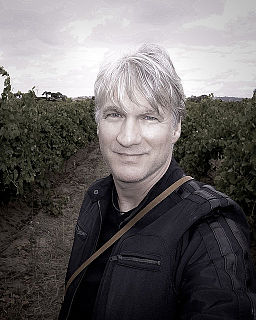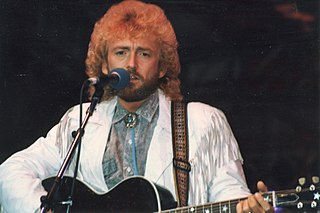A Quote by Suzuka Nakamoto
We performed 'Road of Resistance' at O2 Academy Brixton in London for the first time in the fall of 2014. I still remember how the British audience sang this song with us although it was a world premiere. In other words, the song 'Road of Resistance' really propelled us to move forward.
Related Quotes
Fear is good. Like self-doubt, fear is an indicator. Fear tells us what we have to do. Remember our rule of thumb: The more scared we are of a work or calling, the more sure we can be that we have to do it. Resistance is experienced as fear; the degree of fear equates to the strength of Resistance. Therefore the more fear we feel about a specific enterprise, the more certain we can be that that enterprise is important to us and to the growth of our soul. That's why we feel so much Resistance. If it meant nothing to us, there'd be no Resistance.
I write these words to bear witness to the primacy of resistance struggle in any situation of domination (even within family life); to the strength and power that emerges from sustained resistance and the profound conviction that these forces can be healing, can protect us from dehumanization and despair.
The question is, when so many others cut corners, shave the truth, self-deal, believe in the fast buck, and follow the crowd along the low road of least resistance, can we even afford to travel the high road of ethical behavior? Frankly, we can't afford anything else. Any other competitive angle is a pure crapshoot in today's business world. Companies with shaky ethics and shabby standards will be crippled as they try to compete in our changing world.
An audience will let you know if a song communicates. If you see them kind of falling asleep during the song, or if they clap at the end of a song, then they're telling you something about the song. But you can have a good song that doesn't communicate. Perhaps that isn't a song that you can sing to people; perhaps that's a song that you sing to yourself. And some songs are maybe for a small audience, and some songs are for a wide audience. But the audience will let you know pretty quickly.




































